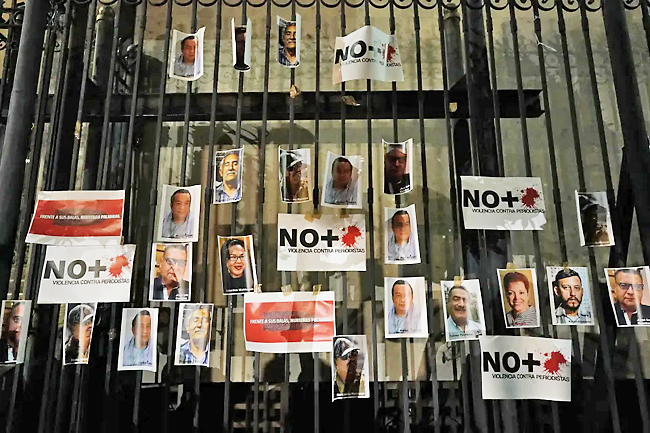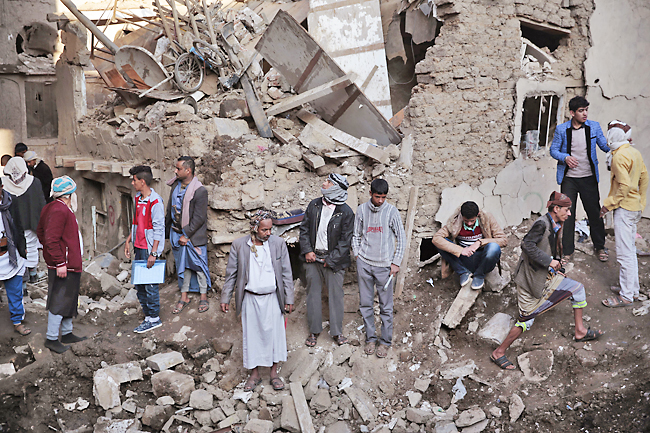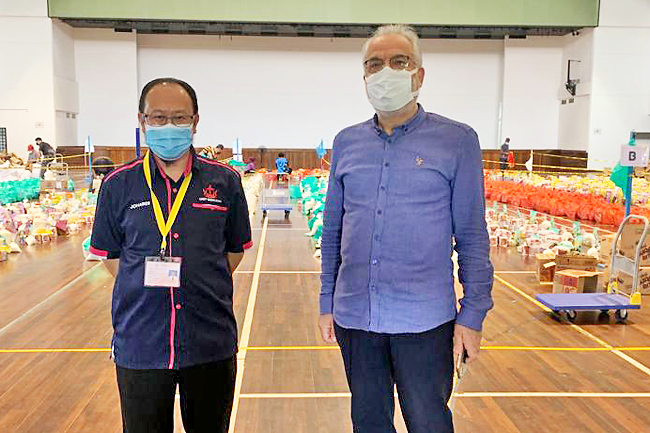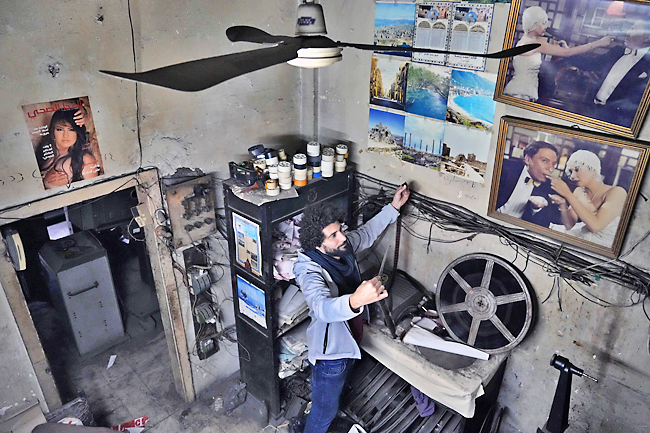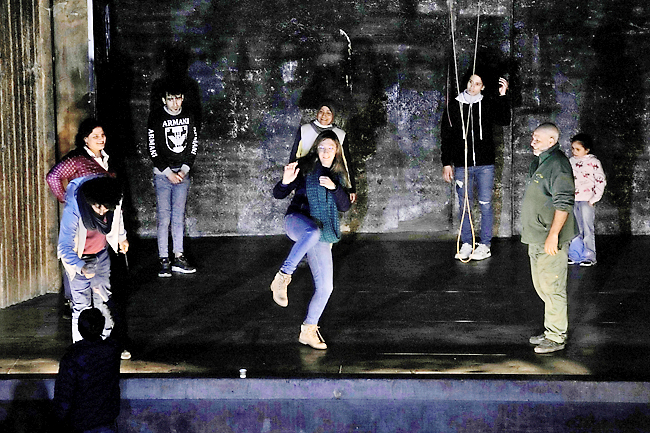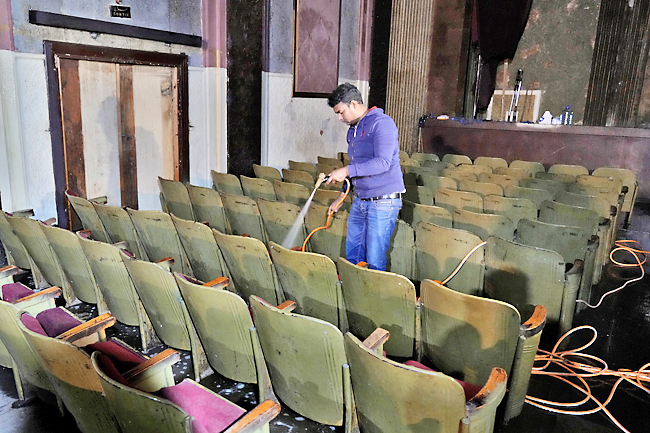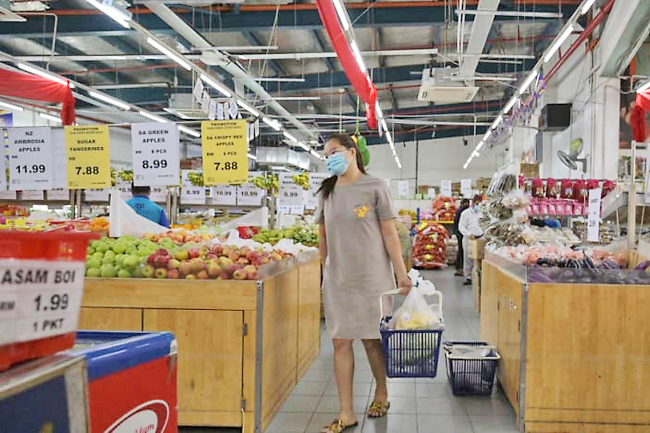Alyse Stanley
THE WASHINGTON POST – Having sunk dozens of hours into Horizon Zero Dawn, I came into its sequel feeling pretty confident. Then I died, a lot. I drowned trying to swim to some cool-looking relics I spotted underwater.
A herd of Chargers, some of the first enemy machines you come across in Horizon Forbidden West, mowed me down not long after. Forbidden West does a lot of things right, but with all the new controls and systems it throws at you on top of the franchise’s already dense combat mechanics, it can also be frustrating – especially when you’re first starting out.
There are easy solutions to avoid these headaches, but some are more intuitive than others.
Aloy’s grappling hook, glider and the rest of her updated arsenal open up new ways to interact with the environment, solve puzzles and destroy enemies, which can throw fans who are used to Zero Dawn’s toolset for a loop. The following are our best tips for navigating and surviving) the Forbidden West.
WAIT TO EXPLORE
Look, I get it. One of the most addictive parts about any open-world game is the sense of discovery, catching a glimpse of something on the horizon and wandering off just to see what you find. Unfortunately, Forbidden West locks essential tools for exploring behind mainline quests. New items in Aloy’s arsenal let you blast through walls, breathe underwater and glide through the air – but only after you’ve put several hours into the main story.



With how much the trailers for Forbidden West have shown off its new underwater exploration, your first instinct might be to dive into whatever body of water you find to check it out. But you’re going to want to hold off, as much as it may pain you (or at least, it did for me). Aloy will drop hints whenever you’ve reached an area you don’t have the necessary tools to explore; believe her, and circle back later after you’ve gotten further in the plot.
INVEST EARLY IN THE SURVIVOR SKILL TREE
Players gain skill points by completing missions and levelling up, which can be invested in six different skill trees. If you’re like me, you’ll rush to max out the ones tied to combat and stealth, but trust me on this: The skills in the survivor skill tree will make your first few hours of gameplay 10 times easier. There’s a skill to boost your strength whenever you’re about to die, one to expand the capacity for your medicine pouch, and others that increases the healing properties of potions or medicinal berries, just to name a few.
The most useful one I found made it easier to fill my Valor Surge bar, which lets you trigger a powerful new ability. By default, you only gain valor by successfully hitting machine weak spots, defeating enemies or tearing off components, but you can unlock a skill through the survivor skill tree that nets you valor anytime an enemy hits you. If you’re already going to be taking the damage anyway, might as well get something out of it.
FIND YOUR PREFERRED WEAPONS BEFORE CASHING OUT SKILL POINTS
You can also use these skill points to unlock techniques for your weapons, new manoeuvres that use up weapon stamina but allow you to use your arsenal in interesting ways, such as firing multiple arrows from your bow at once or using your throwing spikes as traps once they’re lodged into the ground.
However, there’s a slight catch: Each skill tree is tied to two weapon types. That means if you have a specific weapon in mind that you want to beef up with new abilities, you’re going to have to pour skill points into whatever skill tree it’s tied to before the option becomes available to unlock those techniques.
Techniques for the Blast Sling, a slingshot players will recognise from Zero Dawn that fires bombs and deals damage to a large area, are available through the survivor skill tree – another reason to invest your points there first, as Blast Slings are some of the more powerful weapons you gain access to early on.
IF YOU’RE STUCK, USE YOUR FOCUS
This may seem like an obvious one, but environmental puzzles have been completely overhauled for Forbidden West, and you’re going to get stuck pretty fast if you try to approach them the same way you did in the first game. Aloy’s grappling hook, the Pullcaster, expands her parkouring abilities immensely, and you’ll need it to solve just about every puzzle.
As it turns out, when you’re not used to having the option to zip through the air like Spider-Man, it can be easy to forget that you can.
Press or hold down on the right thumbstick, and anything your Pullcaster can grab on to will be highlighted by your Focus. It also highlights loot, datapoints and any other elements of the environment Aloy can interact with.
SMOKE BOMBS ARE YOUR FRIENDS
Another new addition to the series, smoke bombs are somewhat overpowered but a godsend when you’re first starting out. Throw one down by pressing down on the directional pad, and any nearby enemies will be temporarily blinded, giving you just enough time to high-tail it for cover.
Smoke bombs are sold in shops for cheap and can be crafted using few materials, so use them to your advantage.
That way if you get into a tougher fight than you expected, you can buy some time to reevaluate your strategy before trying again – or make an escape to fight another day.
EXPLOIT ENEMY MACHINES’ WEAKNESSES
Elemental ammo plays a bigger role in combat this time around, so you’re going to want to keep a few different weapon options on hand wherever you go so you can quickly fire off whatever type of ammo you need. You can tell what elements machines are weak against by scanning them with your Focus.
That being said, acid is generally a safe bet if you want to end battles quickly. When drenched in acid, enemies become corroded, which damages them over time and severely weakens their armour, letting you take out powerful enemies with just a few hits.
Another combat tip: When you scan a machine with your Focus, you can also target individual components by cycling through their parts using the d-pad. Some of these components will explode when destroyed or trigger a chain reaction when hit with the right type of elemental ammo, effectively letting you weaponise a machine’s parts again them.
Mark them using your Focus, and aim for those parts to do devastating damage to a machine and anything nearby.
YOU CAN MARK MULTIPLE ITEMS FOR SELLING AND STORING
It may seem obvious, but this feature can be easy to miss after your eyes start to glaze over with all the new controls and systems being thrown at you during the tutorial.
When talking to merchants, you can mark multiple items in your inventory for sale by hitting the triangle button, and then sell them all at once.
There’s a similarly convenient method for withdrawing items from your storage: By holding the square button, everything you have room to carry in your inventory will be switched over.
PLAY AROUND WITH VALOR SURGES
We already touched on Valor Surges, but to review: They’re basically Aloy’s version of an ultimate move. There’s a wide range of options, each complementing different combat styles, such as boosting the damage of your ranged or melee attacks for a short period, turning Aloy invisible, increasing the effects of elemental ammo, etc.
Like weapon techniques, Valor Surges are also tied to different skill trees, so you definitely will want to scan through the skills menu early on.
Once a Valor Surge has been unlocked using skill points, players can freely switch between them at any time, allowing you to tailor your ultimate move depending on your tactics in any given situation.



